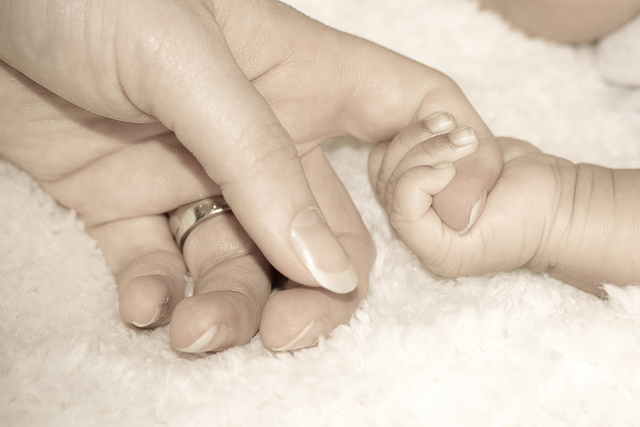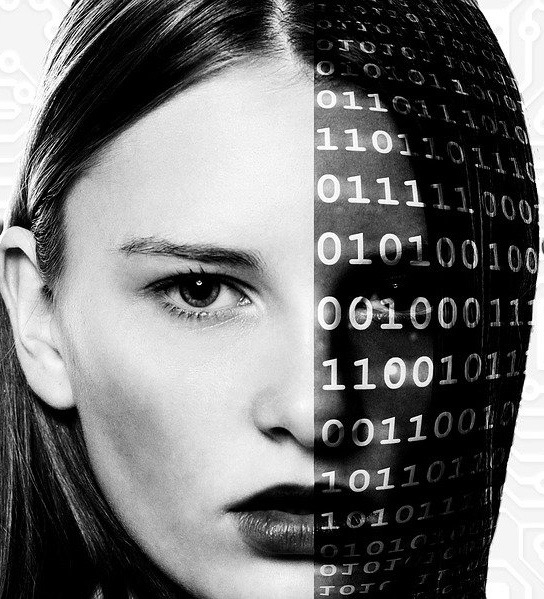Our Many Different Realities
Article By Sabine Leitner
 One thing that never fails to amaze me is how one and the same cause can bring about so many completely different experiences and consequent ‘realities’. The current pandemic is a good example of this. As I look around my wide circle of friends and family (in various different countries), colleagues, neighbours and acquaintances, I can see how this unprecedented situation has had a wide range of different impacts on them.
One thing that never fails to amaze me is how one and the same cause can bring about so many completely different experiences and consequent ‘realities’. The current pandemic is a good example of this. As I look around my wide circle of friends and family (in various different countries), colleagues, neighbours and acquaintances, I can see how this unprecedented situation has had a wide range of different impacts on them.
For some the whole situation has lead to one of the best times of their lives: they relish not having to commute, being able to work from home, spending more time with their loved ones; they enjoy the benefits of the reduction in noise, air pollution and they don’t miss their previous hectic life. For others, the lockdown is a miserable experience: they feel almost imprisoned, they acutely miss their social life, some miss their colleagues and some even miss the commute because it gave them the opportunity to switch off and transit from one “world” to another.
Even those directly infected by the virus have had widely differing experiences: some displayed only mild symptoms, in a few the illness was so severe that it became a life-changing event, and everyone knows someone for whom it was fatal. Regarding our work lives, the impact of the current situation has also been varied: some have had to work much less or not at all because they have been furloughed, others have had to work more than ever, some lost their jobs. Those working in hospitals and care homes have been through extremely intense and difficult situations, also having to cope with many heartbreaking moments.
Even the experiences of ‘the others’ differ widely. Many people experienced completely unexpected acts of kindness, others selfish panic buying and a few completely shocking supermarket fights over toilet paper.
But is it not always like this in life? Do we not always have very different experiences despite many shared circumstances (same weather, same city, similar jobs, etc.)? We are all governed by the same laws of reality (both physical and governmental) and yet we live very much in our own realities. Although this is normal and even unavoidable, it is a fact that we often forget.
It is also something that can divide us at a moment when what we need, maybe more than ever, is connection and union. The underlying problem is that we have an often unconscious tendency to think that our version of ‘reality’ is the ‘right’ one and also the only one. Thinking that our experience is right makes everyone else’s experience automatically wrong. As we can see, this can easily lead to fierce battles over who is right and the more we identify with ‘our‘ reality, and ‘our truth‘ and hold on to it, the harder it will be to find commonalities with others.
This is exacerbated by another human tendency: our ‘need to be right’. This is partly because we feel that ‘not being right’ severely damages our trustworthiness in the eyes of others and our own sense of self-worth, and we associate it with humiliation and failure. We don’t want people to question our legitimacy or our competency.
We all need to be aware of these tendencies and we need to work on overcoming them. Everything is relative and we need to acknowledge that everyone’s experience is unique and real and true for them. It is not about ‘right or wrong’. It is about being able to deeply understand that reality has many facets. No one has the truth. As Plato already pointed out 2,500 years ago, we all live in the world of opinions and not of real knowledge.
In these special and difficult times we need to emphasise what unites us, and we need to rise above a dualistic black-and-white mentality that will always divide. Strength and beauty lie in differences, not in similarities.
Image Credits: By baptiste_heschung | Pixabay | CC BY PD
The entity posting this article assumes the responsibility that images used in this article have the requisite permissionsImage References
By baptiste_heschung | Pixabay | CC BY PD
Permissions required for the publishing of this article have been obtained




What do you think?